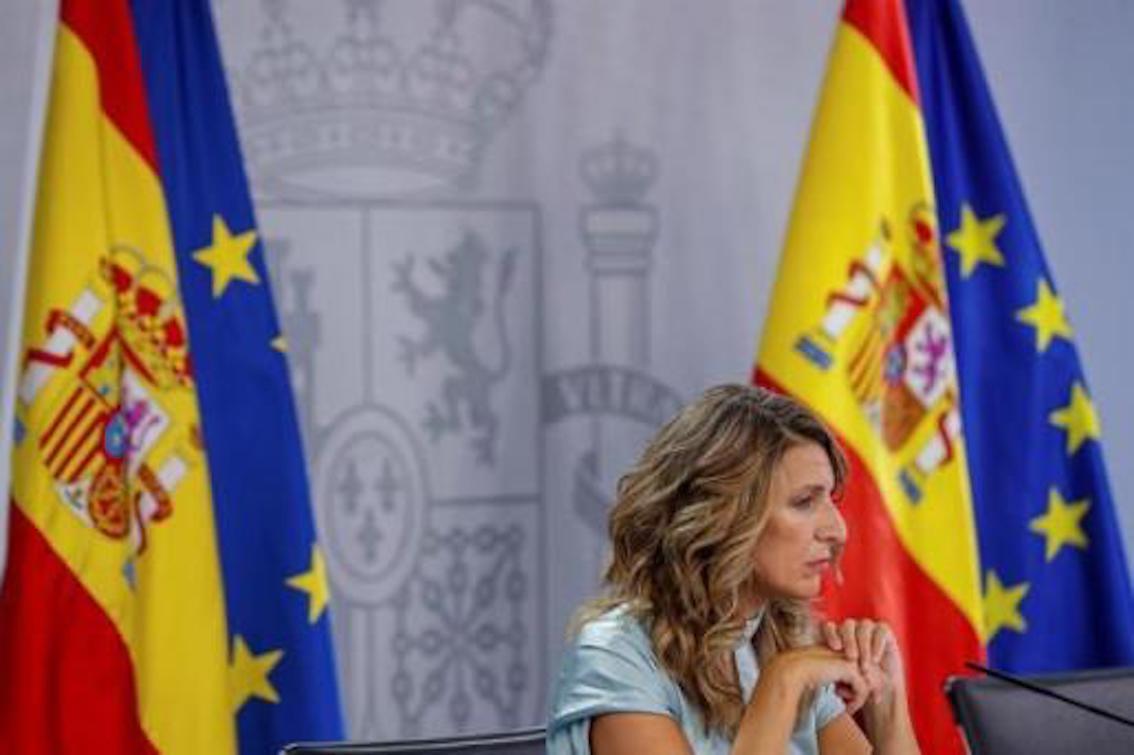The text of the document was agreed after almost ten hours of intense negotiations between the Government, the UGT and CCOO Unions and the CEOE and Cepyme and the final document will now be submitted to the respective Governing bodies for approval.
Sources present during the negotiations explained that the Ministries of Labour and Social Security have improved the proposal regarding the reduction in Social Security contributions that employers pay for workers in ERTE.
However, one of the main points of conflict in the negotiations was the Sectors that will be able to continue to benefit from ERTEs of force majeure. For those especially affected, as defined in a detailed list of National Classification of Economic Activities, or CNAE, which is basically Transport and Tourism, the bonuses in social contributions will be 85% and 75% depending on the size of the company.
The aid will also apply to companies that are part of the value chain of these Sectors and to businesses in other areas that are dependent on them and have suffered a significant fall in turnover.
Around 600,000 people are still in ERTE and 400,000 of them are on the list of CNAE specially affected companies proposed by the Government.
The list of activities is one of the biggest reasons the CEOE has not signed the ERTE extension.
President, Antonio Garamendi, warned that “if many people stay out" of ERTEs for the particularly affected sectors they would have to "say no” to the agreement. “At this time we cannot speak of pre-agreement or agreement" he added, saying that the document will be presented to the Executive Committee on Tuesday.
Activities that are off the list, or that don’t depend on them in any way will no longer be eligible for the benefits established for ERTEs by force majeure.
For these companies the only other option is regrowth ERTEs and the Government has also improved the Social Security contribution exemptions initially proposed, according to sources at the negotiations.
These regrowth ERTEs may be total or partial, depending on the degree of cessation of activity caused by the Covid-19 restrictions.
There seems to be no problem on the part of the unions in supporting the Government's proposal.
UGT General Secretary, Pepe Álvarez is confident that the ERTE extension will be endorsed and "encouraged" the CEOE to do the same.
CCOO described the document as "substantial progress" and said that given the progress in the protection of workers that was achieved in the negotiations, it will submit it to the Confederate Committee for approval.
Sources at the negotiations explained that the agreement will include the maintenance of unemployment benefit, nullifying the cut that according to the law it experienced at six months, and it also introduces changes with respect to the so-called "zero counter".
The Government has reinstated the right of workers in ERTE to receive unemployment benefits in the future if they are fired, from October 1 when the benefits will begin to count. But it excludes those who are unfairly dismissed, included in an ERE or whose contract ends from now until the end of 2021.
A consensus was also reached for permanent discontinuous workers, whose season has ended without entitlement to unemployment a special benefit, for 70% of the regulatory base during the term of the agreement.


No comments
To be able to write a comment, you have to be registered and logged in
Currently there are no comments.